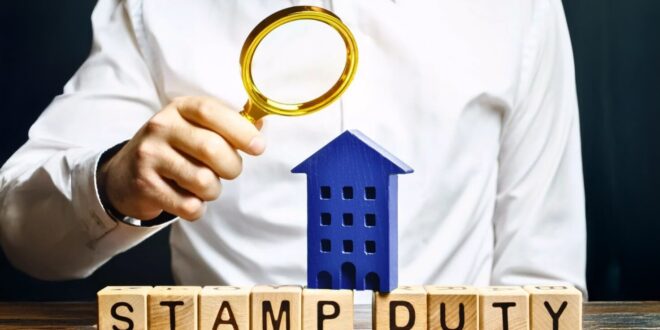Singapore’s real estate market is admired globally for its transparency, structure, and long-term value. But what truly supports this stability is the government’s disciplined approach to taxation and regulation. Property taxes and stamp duties ensure a fair, sustainable market that benefits both investors and residents.
For new buyers and global investors, understanding these policies is essential for effective financial planning. Developments like Coastal Cabana illustrate how clarity and compliance make investing in Singapore real estate both secure and rewarding.
1. The Role of Property Taxes in Market Regulation

Property tax in Singapore is designed to promote responsible ownership and prevent speculative behavior. Unlike in many other countries, Singapore’s property tax rates are progressive, meaning higher-value properties incur higher tax rates.
For owner-occupied homes, tax rates currently range from 0% to 32%, depending on the property’s annual value. Non-owner-occupied properties—such as rental units or investment homes—face higher rates, from 12% to 36%.
This structure encourages genuine homeownership while maintaining steady revenue for public infrastructure and social programs. The system is simple, transparent, and well-regulated, helping ensure long-term market health.
Property owners can pay taxes annually, and rates are automatically reviewed by the Inland Revenue Authority of Singapore (IRAS) based on changing market conditions. This ensures fairness and adaptability in a fast-evolving real estate environment.
2. Understanding Stamp Duties and Their Impact

Stamp duties are one of the most significant cost considerations when buying property in Singapore. They consist of several components: Buyer’s Stamp Duty (BSD), Additional Buyer’s Stamp Duty (ABSD), and Seller’s Stamp Duty (SSD).
For local buyers, BSD applies to all property purchases, with rates ranging from 1% to 6%, depending on the purchase price. ABSD, however, varies depending on the buyer’s residency and number of properties owned.
Foreigners currently pay an ABSD of 60%, reflecting the government’s effort to manage foreign demand and ensure affordability for locals. Despite these high rates, international investors remain active due to Singapore’s strong legal framework and steady property appreciation.
Projects like Coastal Cabana continue to attract high-net-worth buyers because of their exclusivity, quality, and long-term capital preservation. Even with tax obligations, investors see value in a market where regulation equates to safety and predictability.
3. Balancing Market Stability and Investor Confidence

Singapore’s real estate policies are not designed to restrict growth—they are meant to sustain it. Cooling measures, taxes, and stamp duties work together to prevent speculative bubbles and ensure steady demand.
This stability benefits both residents and investors. Locals enjoy a balanced housing market, while foreign buyers trust that their investments are protected by a strong regulatory system. The predictability of taxes and duties allows investors to plan long-term without fearing sudden policy shifts.
Furthermore, these regulations promote sustainable urban growth. Developers are encouraged to focus on quality rather than quantity, resulting in better-designed and more energy-efficient projects. This is one of the reasons Singapore remains a global benchmark for disciplined and well-managed real estate development.
Conclusion
Singapore’s tax and stamp duty framework plays a vital role in maintaining the strength of its property market. By emphasizing fairness, transparency, and long-term stability, the system ensures that real estate investment remains both profitable and responsible.
Developments such as Coastal Cabana highlight how these policies create confidence among buyers—balancing luxury with reliability. For investors seeking security, growth, and governance they can trust, Singapore continues to stand as a global example of real estate excellence.
 HQ Grande Prairie HQ Grandie Prairie is an online news portal aimed at providing latest day to day happenings of the World to its viewers.
HQ Grande Prairie HQ Grandie Prairie is an online news portal aimed at providing latest day to day happenings of the World to its viewers.

